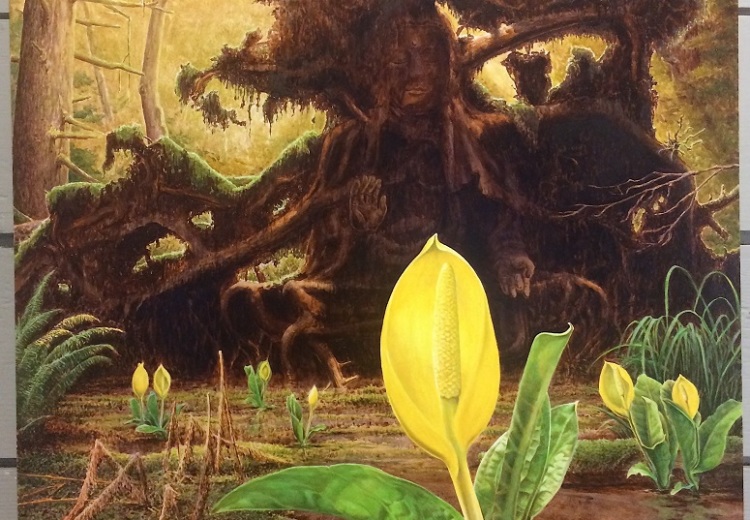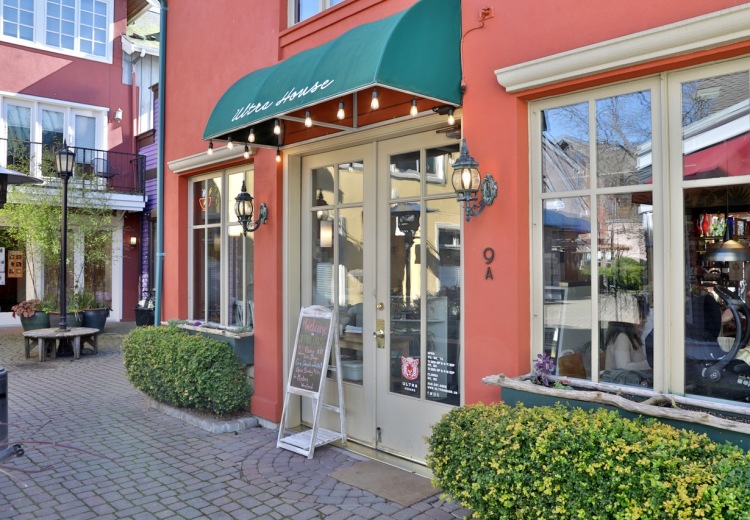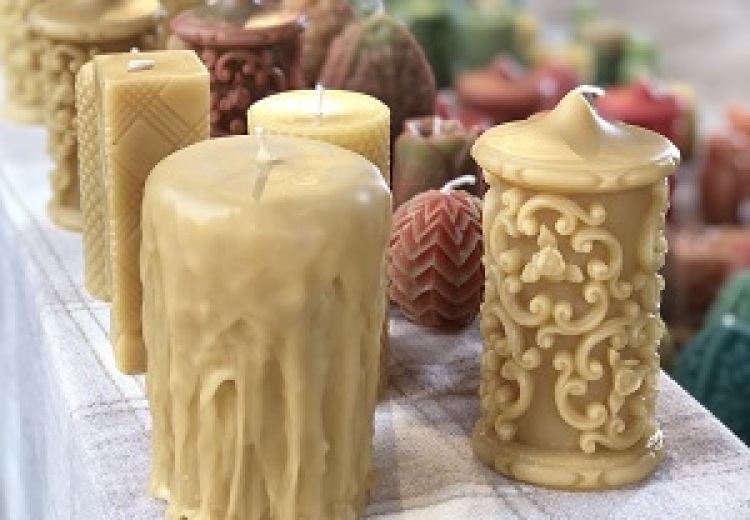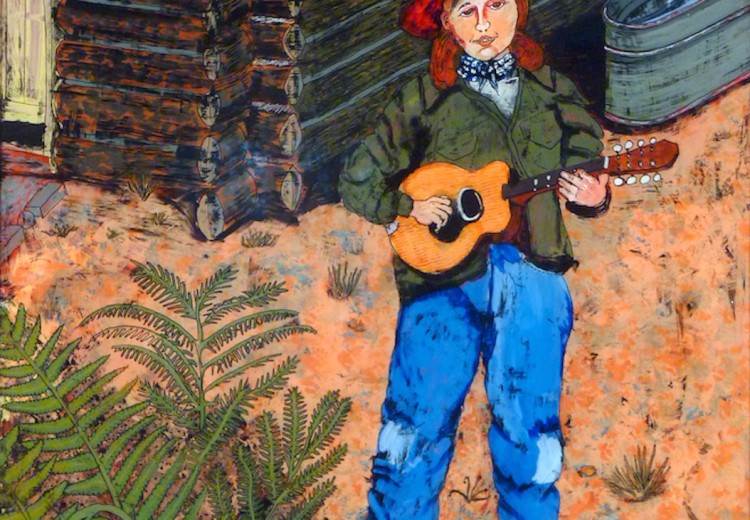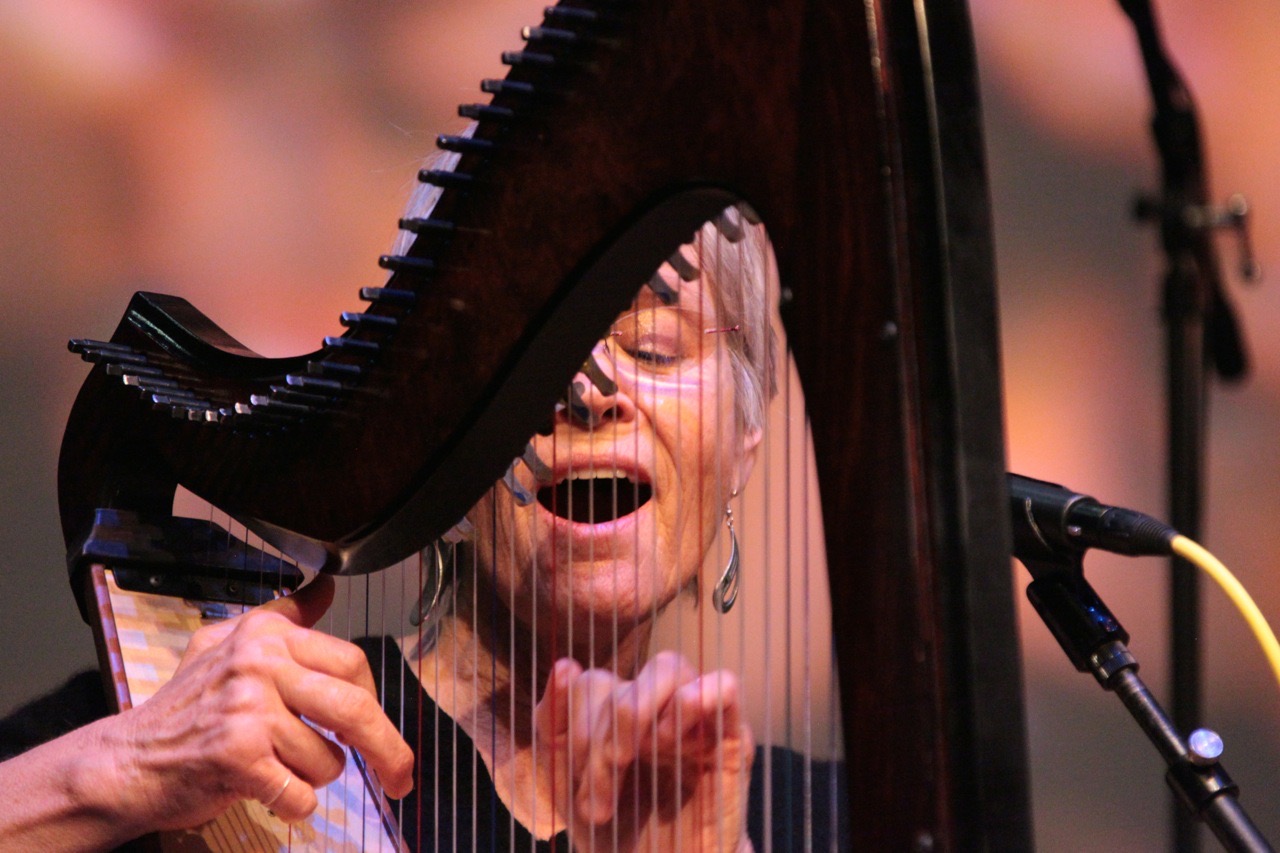
A flyer from Whidbey Health Medical Center promotes “Hospice Harp Vigils.” It says that “When death is nearing, listening is one of the last senses to leave the body.” Dia Walker, who has been a certified Music-Thanatologist since 2008, has been providing music-thanatology vigils for hospice clients and their loved ones at WhidbeyHealth Hospice since 2017. The Whidbey Health promotion adds, “This sacred accompaniment is included in WhidbeyHealth Hospice Care and can be requested by the family.” The flyer also notes: “A certified Music-Thanatologist can offer an hour of respite, comfort and beauty with a prescription of music that addresses physical, emotional, spiritual and mental pain.”
Dia Walker, who is well known on Whidbey Island as a vocalist and member of a musical family, says: “I fell in love with the sound of the harp and the way it felt in my body back in 1990 when I heard a folk harp being played at a retreat for people living with AIDS. People would lie down and bliss out listening to lullabies and non-metered music that washes over the body and gently dissipates.”
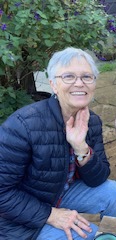
She decided to become involved in music-thanatology because she saw how music and voice provided a beautiful container for the acceptance of what is happening as a person is nearing the end of life. She is a member of MTAI, Music-Thanatology Association International (mtai.org), and has joined the faculty of a new training program hoping to launch at the end of this September.
The school is called Accorda Music-Thanatology Institute and has been recently licensed by the state of Oregon as a new career school. Accorda is a 22 month hybrid learning environment that will be taught online as well as in person at Providence St. Vincent Medical Center in Beaverton, Oregon.
A few student spots are available and information can be found online at accordaschool.org.
Two major points that are emphasized about the benefits of this service are:
- Death is a process, a natural part of life, which offers opportunity for spiritual growth and new awareness. A music-thanatology vigil supports what is unfolding without offering any dogma or expectation of a particular response from the client and their loved ones.
- The way one dies is important. Music tailored to the moment-by-moment needs of the ill and dying can lovingly support this sacred journey and bring comfort to the physical body and the soul of the client and those attending them.
To learn more about Music-Thanatology and the program that Dia Walker is promoting, you can send her an email at diasongs@gmail.com, or give her a call on her cell phone: 206-330-1753.


